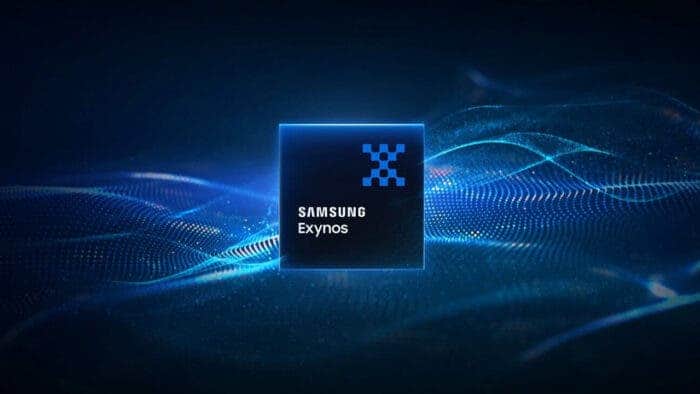The recent leaks and rumors regarding the Samsung Exynos 2400 have sounded very promising. They all talked about how well the 10-core CPU cluster will perform. However, we did not really get a proper glimpse of how much it will be better than the competition. That is, how much better will it be when compared to Apple A16 and Snapdragon 8 Gen 2?
Well, according to the latest rumor, the Samsung Exynos 2400 will offer a massive performance boost, especially in the multi-core segment. To be exact, the upcoming SoC is apparently 30 percent faster than the Apple A16 Bionic. And as you can guess, the lead over the Snapdragon 8 Gen 2 is even higher!
Exynos 2400 Geekbench 5 Scores Leaked
So, the leak has shed light on the Exynos 2400’s Geekbench 5 multi-core performance test results. According to the shared numbers, the upcoming Samsung chipset is shaping up to be a proper challenger against the Snapdragon 8 Gen 3 and Apple A17.
From the tweet shared by @OreXda, the single-core and multi-core Geekbench 5 score of the SoC is 1711 and 6967, respectively. In addition, he shared the average single-core and multi-score, which was 1530 and 6210.

Before you get to closely compare it with the scores of the Snapdragon 8 Gen 2 and Apple A16, you need to check out its leap against the predecessor. The single-core and multi-core performance scores of Exynos 2200 were 1109 and 3534.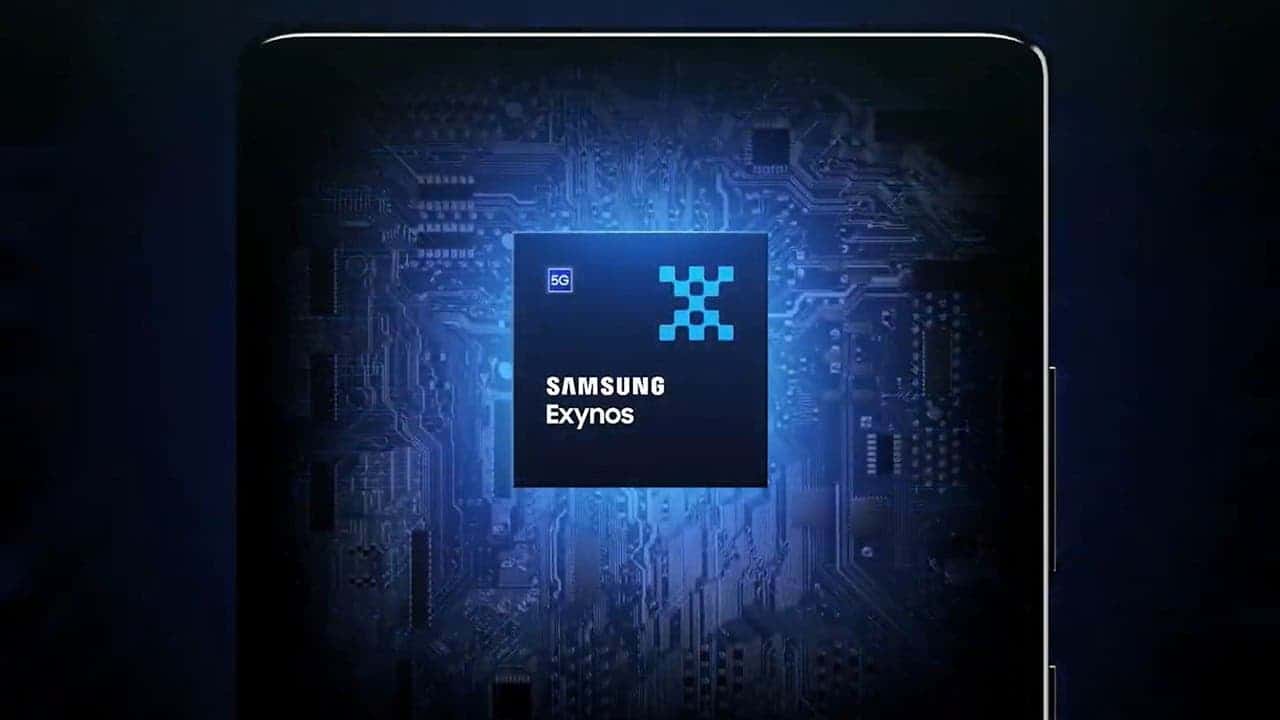
In other words, Samsung made a huge leap in the multi-core performance of the Exynos 2400. Even the jump in terms of the single-core performance is noteworthy too!
Samsung Exynos 2400 Emerges as a New Leader
So, the upcoming Samsung SoC is 31 percent faster than the Snapdragon 8 Gen 2 that’s currently in top-of-the-line flagships. The Exynos 2400 is also surprisingly faster than the Apple A16 Bionic. However, there’s a catch, which you might have already caught after seeing the numbers.
The Exynos 2400 did not beat the Apple A16 Bionic in terms of single-core performance. In Geekbench 5, the iPhone 14 Pro Max scores 1871 in the single-core test, while it obtains 5344 in the multi-core test. When it comes to single-core performance, the Samsung SoC had 1711 in its best form.
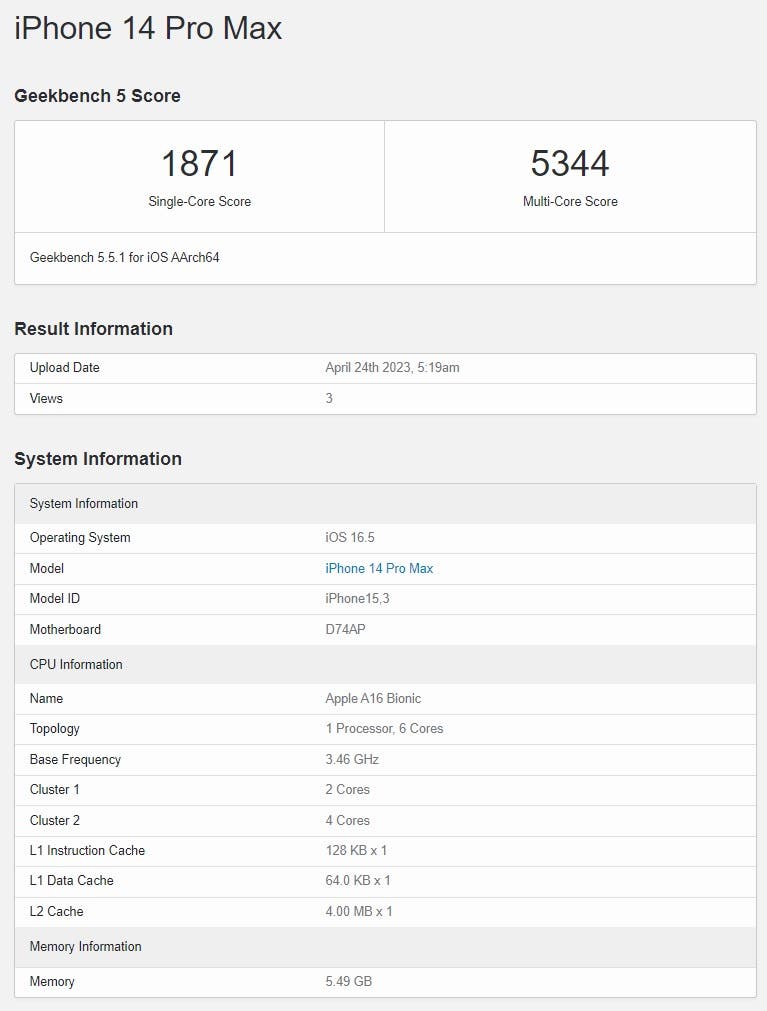
Still, the difference is not really that significant. And most importantly, the Snapdragon 8 Gen 2 failed to beat the Exynos 2400 even in its best form. In case you didn’t know, the highest single-core score of the 8 Gen 2 is 1600 on Geekbench. So, the Samsung SoC is better in both aspects. Hopefully, the same thing applies to the GPU.
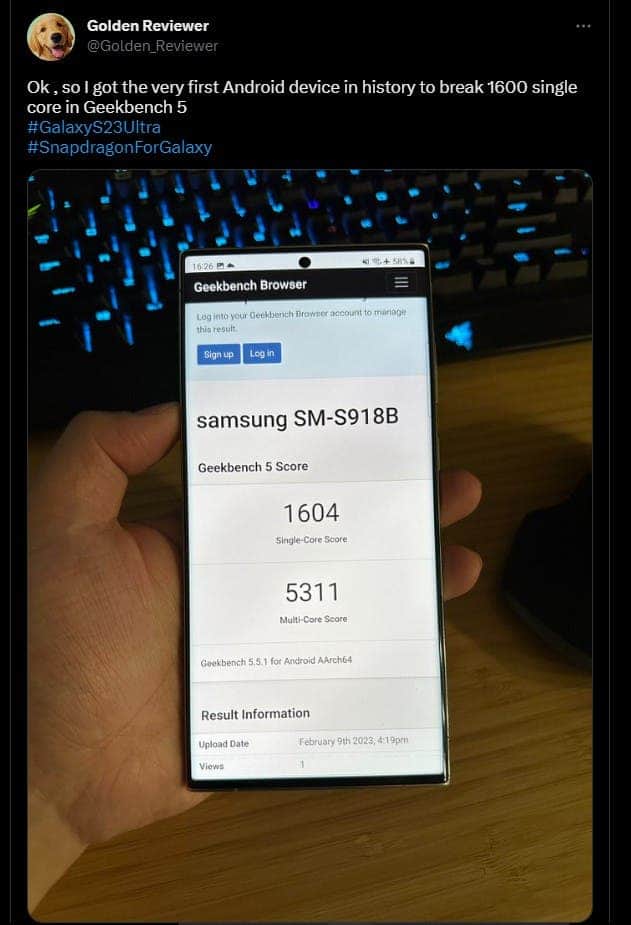
Current Concerns
Yes, the single-core and multi-core performance of the Exynos 2400 is very impressive. But there are many unanswered questions. Firstly, there’s no info on whether the SoC was tested in a commercial device. And if Samsung did test it in an engineering sample, it could easily make improvements to achieve higher cores.
That brings us to the second concern, the temperature. @OreXda did not offer any info regarding the runtime temperature of the Exynos 2400. Samsung could have carried out the tests in a cooler environment, eliminating the chances of temperature throttling.
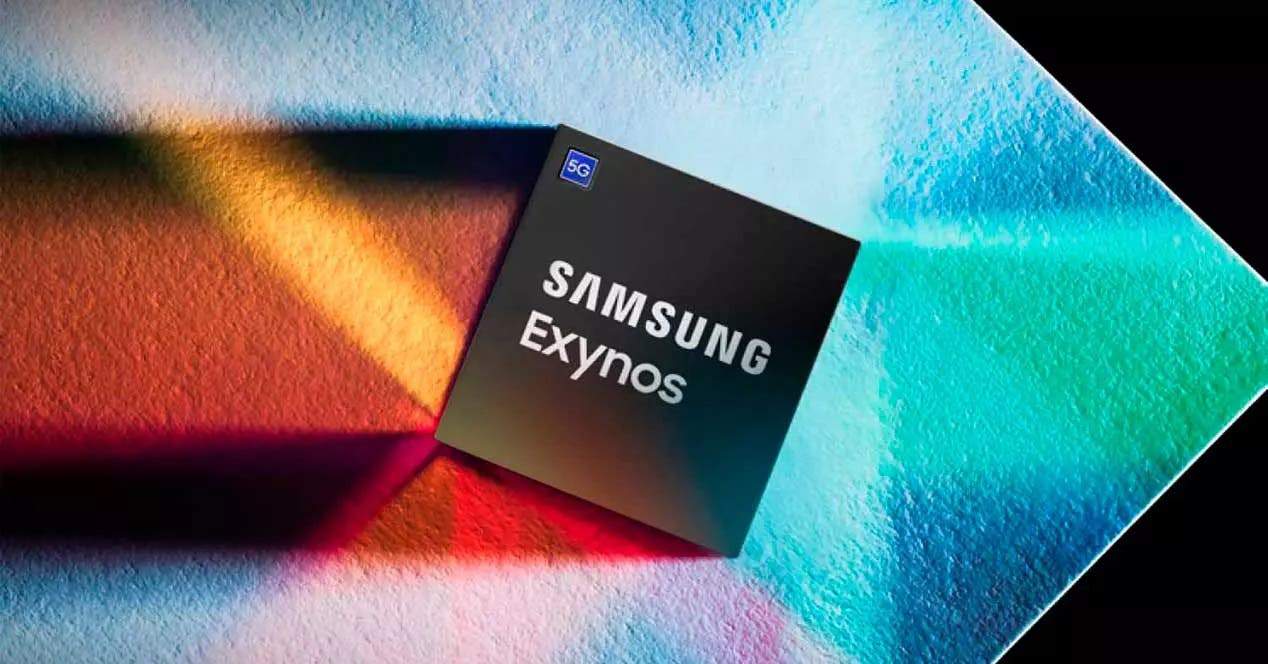
However, recent rumors did suggest that Samsung’s 4LPP+ process saw a greater overall improvement over the last iteration of its 4nm technology. Keeping that in mind, we are expecting the Exynos 2400 to perform similarly to the 4nm node TSMC used to mass produce the Snapdragon 8 Gen 2.
Of course, as @OreXda did not offer any screenshots to prove the authenticity of the performance results, treat this info with a pinch of salt. Hopefully, early teasers of the Galaxy S24 series will offer more solid info about the SoC.

